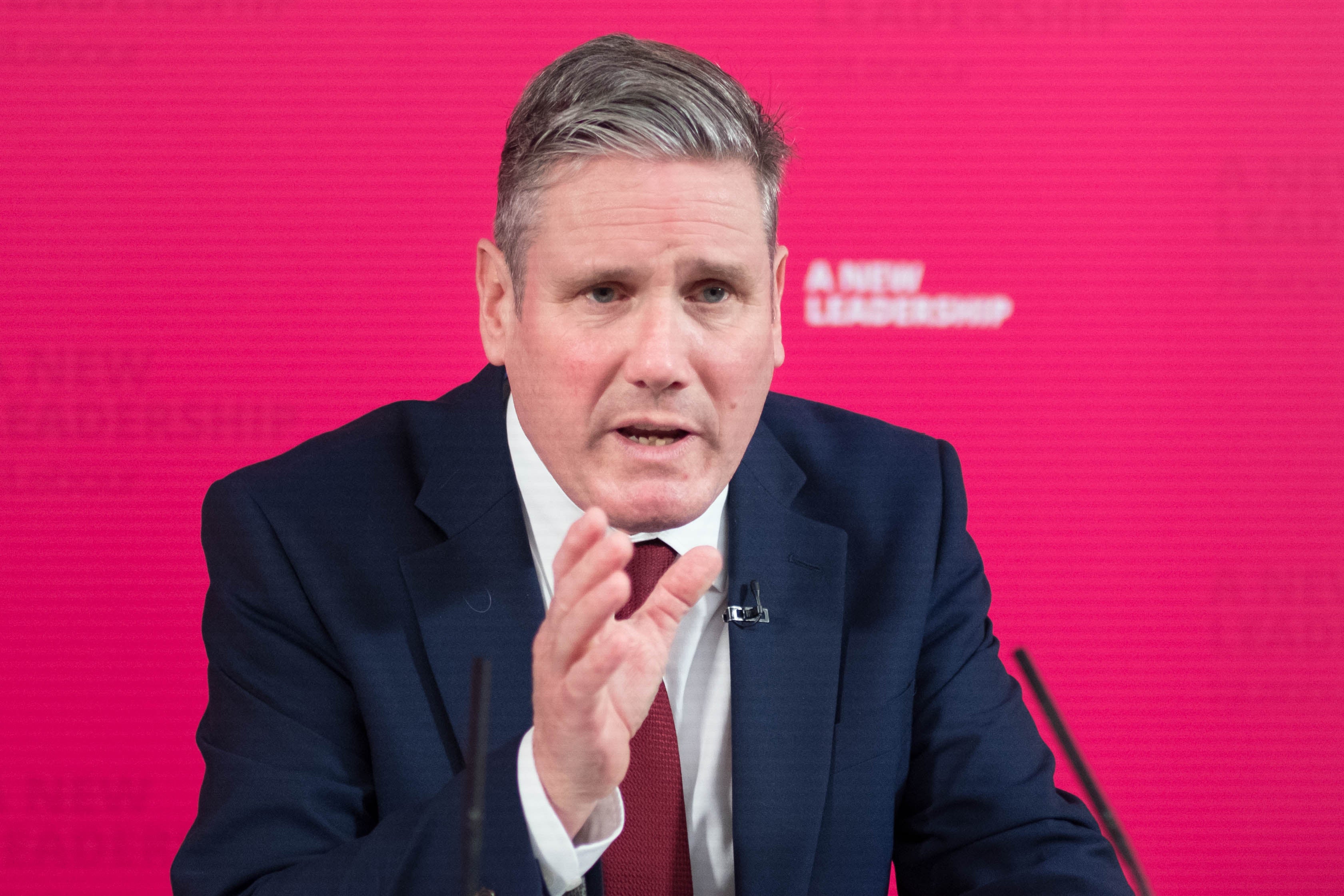Brexit deal: Labour’s civil war over Europe is just getting started
While rifts on the right may be healing over the agreement with the EU, Keir Starmer is facing another awkward split in his party, writes Sean O’Grady

The war is over, according to Nigel Farage, who is sometimes called, among other, ruder, things “the godfather of Brexit”. Certainly the divisions on the right of British politics, including the bitter fratricide among Conservatives, may now be drawing to a conclusion. Now the “deal” is done, most Conservatives and even the followers of Farage seem disinclined to reject it. There will no doubt be some Spartans who will defy the whip, some Unionists who will complain loudly, and voices from the Brexit Party and Ukip about “betrayal”, but these will be really the last knockings of their conflict.
For Labour, its civil war over Europe is about to ignite. Where the Tories are now, of necessity, uniting on a policy, if only because it is a fact of life, Labour is starting to fracture. The reported threat of a half dozen or so shadow ministers to quit the front bench over the vote on the deal may be just the start of the trouble. Keir Starmer has publicly declared he will tell his party to vote for the “thin” deal, because the realistic alternative is the ultimate horror of a no-deal Brexit. He has good reasons to do so. The voters dislike or don’t understand why a major party would abstain on such an issue – “sitting on the fence” is not a great look for a statesman. Labour’s pro-Brexit voters, especially in the “red wall” seats, might regard an abstention or rejection as precisely the kind of elitist posturing that turned them away from the party before. And he does not wish to have to listen to Boris Johnson teasing him about having no policy and ignoring the will of the people.
His opponents, though, feel equally strongly about supporting a key Johnson policy and one they believe is a disaster and will be seen as a disaster – in which case it will be harder for them to attack something they voted for. Figures such as Emily Thornberry, shadow international trade secretary, and shadow chancellor Annaliese Dodds, committed pro-Europeans, reportedly argued in shadow cabinet against voting for the deal, though not to the point of resignation over it. They, and the shadow junior ministers who appear set to stand down on a matter of principle, represent a substantial body of opinion in the party that is bitterly disappointed by Brexit and, so far as possible, wish to reverse or at least revise it.
Subscribe to Independent Premium to bookmark this article
Want to bookmark your favourite articles and stories to read or reference later? Start your Independent Premium subscription today.
Join our commenting forum
Join thought-provoking conversations, follow other Independent readers and see their replies